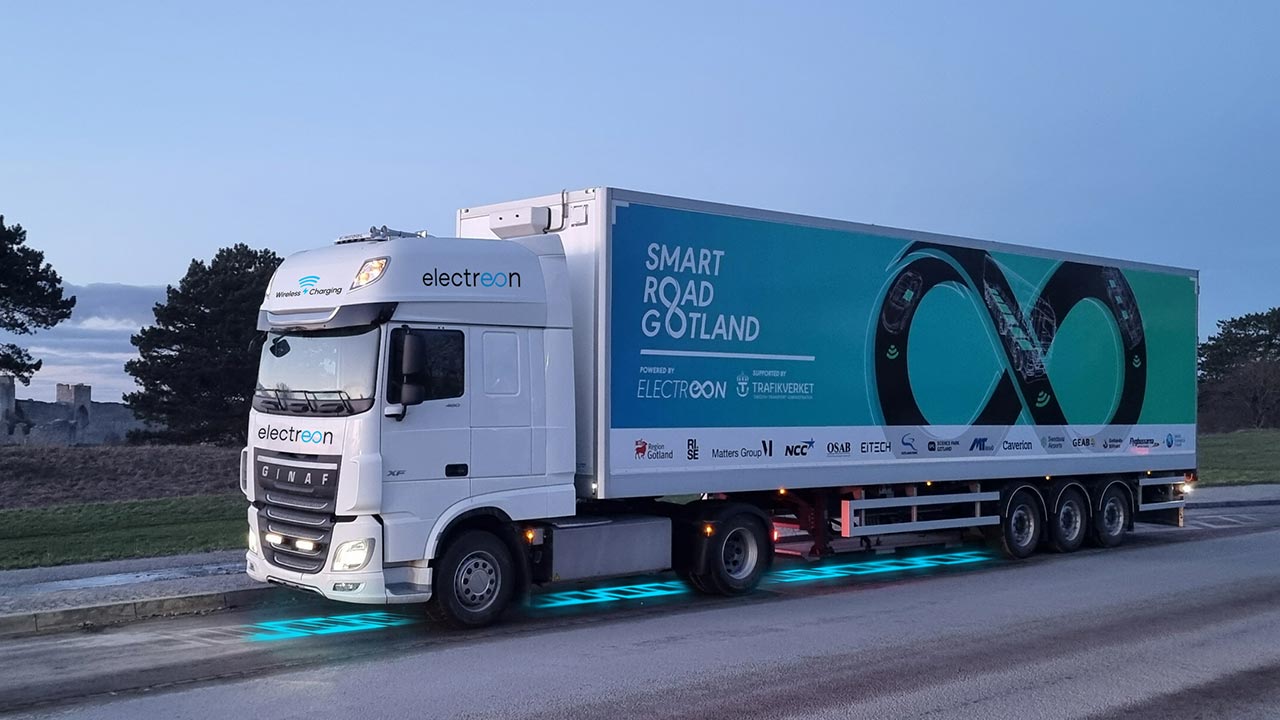Bpifrance, the French public sector investment bank, placed the order with the relevant French ministries. Electreon says it will implement the ERS project with consortium partners Vinci Autoroutes, Vinci Construction, Hutchinson and the University Gustave Eiffel.
While Electreon is involved in similar projects in Sweden, Germany, Italy and the US, and the company will unveil its “next-generation product” in France. Electreon lists increased power transfer capacity – no data was disclosed -, additional software for real-time monitoring, and a more robust architecture designed for dense traffic corridors on public highways among the new features.
Electreon will deploy a two-kilometre dynamic wireless charging road and a stationary wireless charging station. While the charging infrastructure can support all vehicle types and classes, the company will provide a 40-tonne truck and a bus through automotive industry partners. Electreon also invites “multiple leading automotive partners to benefit from the company’s new product capabilities”. Whether they will accept the invitation and participate in the project is unclear. In the past, Electreon has realised several projects in the commercial vehicle sector but has also worked with Stellantis and Toyota.
The first phase of the project will be about charging commercial EV fleets while driving. But the Israeli firm hopes for more than two kilometres of motorway: the ultimate goal is to deploy the Electric Road System across all major French roadways to decarbonise passenger and freight transport and support all types of EVs, the statement says.
“Wireless Electric Road Systems are particularly promising in terms of economic and industrial impacts,” said Louis Du Pasquier, Director in Charge of Decarbonisation at Vinci Autoroutes, “as they can decarbonise road transport through dynamic charging of electric vehicles while reducing Europe’s dependence on raw materials needed to manufacture batteries”.
Source: Electreon

